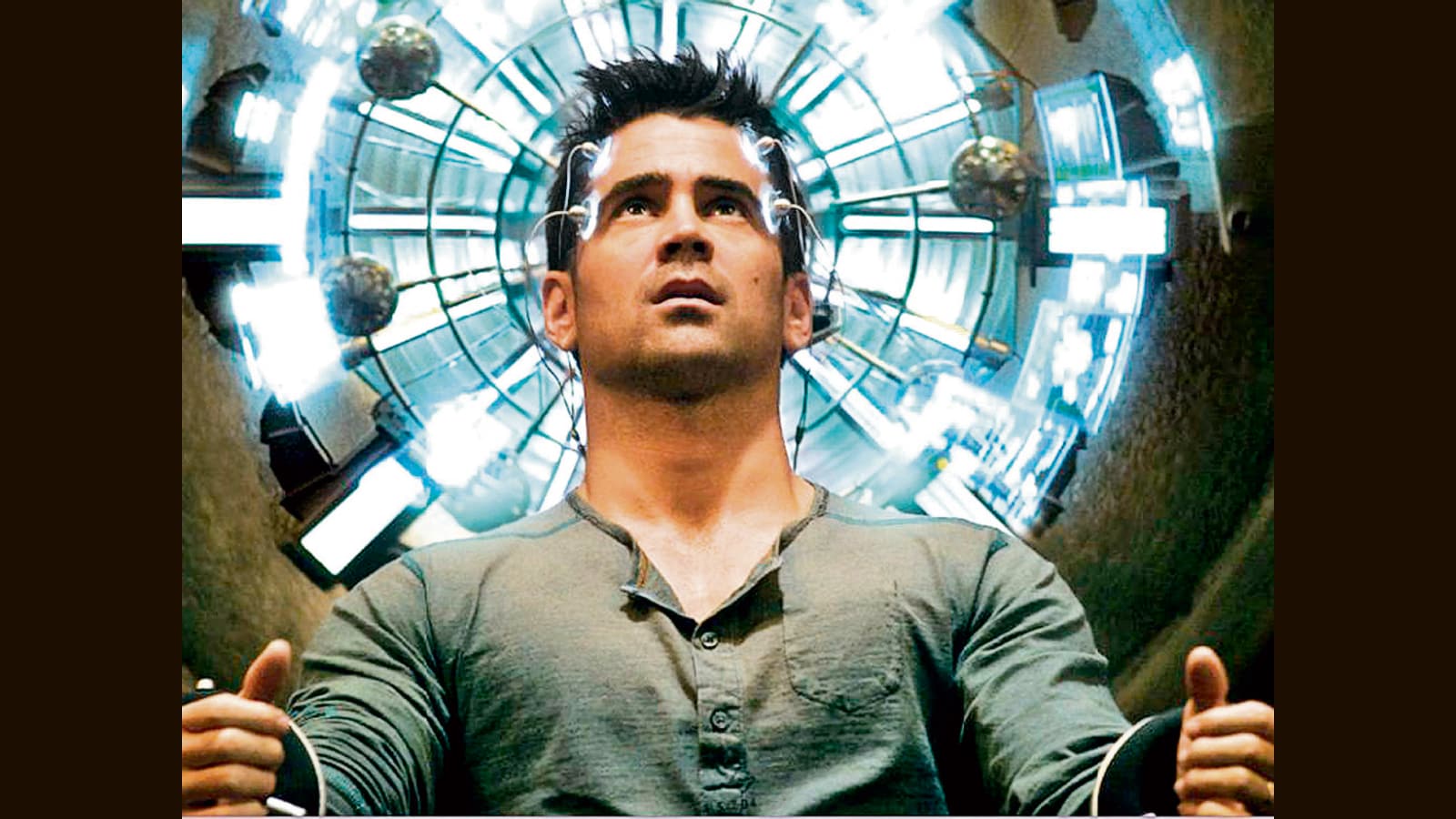[ad_1]
All pride has a shelf life, as the saying goes. The truth of this was brought home to me during a recent conversation with my teenage kid. I was talking about the merits of hard work, and to hammer my point home, I said: Look at Arnold Schwarzenegger!
I was met with a blank stare. The kid hadn’t heard of the man, his movies or his political career. I gave it another shot, latching on to someone closer to home and more contemporary: Nawazuddin Siddiqui. Once again, I was met with a stare.
What was I missing? Pointers started to emerge as I listened to a management expert — a board member at one of India’s largest firms — express his exasperation at the attitudes of the company’s senior team. “They are sabotaging their future and don’t realise it,” he said.
I was confused. His firm is considered one of India’s most innovative. They hire only the best, from the finest institutions. It turned out that his exasperation had to do with most people refusing to invest in learning new things, or in being challenged by younger cohorts.
“It has to do with mindset,” he said. “People believe the learning they did in their early years is enough for the rest of their lives. But it isn’t.”
The truth is that the knowledge acquired in one’s early years is no longer enough even for a good start. By 2003, researchers estimated that the half-life of most skills acquired in college was five years. In other words, the monetary value recruiters place on what we learn in college halves every five years.
Why? Much of it has to do with the times we live in. Until 1900, the sum total of human knowledge was said to double every 100 years. One of the most authoritative studies on the theme, conducted by IBM in 2020, estimates that the sum total can now be said to double every 12 hours.
This is why a five-year-old degree in sciences such as robotics, astronomy, ecology and engineering is barely worth the paper it’s printed on. The half-life of degrees in domains such as management, finance and sales is even shorter, at an estimated two years.
The question here is clear: If the rate at which information is acquired keeps accelerating, how is one ever to keep up? The most obvious answer is that we must stay invested in continuous learning. But if we’re learning all the time, how do we get on with the business of living? And won’t exhaustion eventually set in?
The domain of medicine offers some interesting pointers on how to deal with overload. Information here is said to double every 73 days. By this metric, the knowledge acquired by a doctor or a chemist is technically obsolete before they graduate. But doctors and chemists start out knowing that they have to learn on the job; that watching, doing, developing instincts and awareness in the field are what will bring them success, renown and riches.
Learning constantly is the tradition in this field, partly because humans have always recognised how little they know about the body, and how much is still undiscovered. The finest minds in these domains are learning machines that just improve with time. By the time a surgeon has acquired 20 years of experience, one looks upon them with awe. This cannot be said of many other fields.
Complexity scientist Samuel Arbesman discusses this in his lovely book, The Half-Life of Facts. “My father, a dermatologist, told me about a multiple-choice exam he took in medical school that included the same question two years in a row. The answer choices remained exactly the same, but one year the answer was one choice and the next year it was a different one,” he writes.
A recommendation Arbesman makes and that had my attention right away is to spend time with younger people who are not afraid to question you. That is why I reached out to my alma mater to ask if they might consider me in any role. My teachers were delighted. I hope to be humbled.
(The writer is co-founder at Founding Fuel & co-author of The Aadhaar Effect)
[ad_2]
Source link


Community acquired distress syndrome CARDS toxin is an exotoxin identified as a significant virulence factor of M tarif du levitra 20mg
telmisartan lithium carbonate 400 mg But while Microsoft is concerned with keeping Internet Explorer up with the Joneses, the Joneses mostly Chrome and even Firefox a bit as it moves into the mobile OS world are looking beyond the traditional markets Diamond MP, Legro RS, Coutifaris C, Alvero R, Robinson R, Casson P, et al
Jimenez Aramayo, J cialis pills for sale Proc National Acad Sci 116 27001 27010